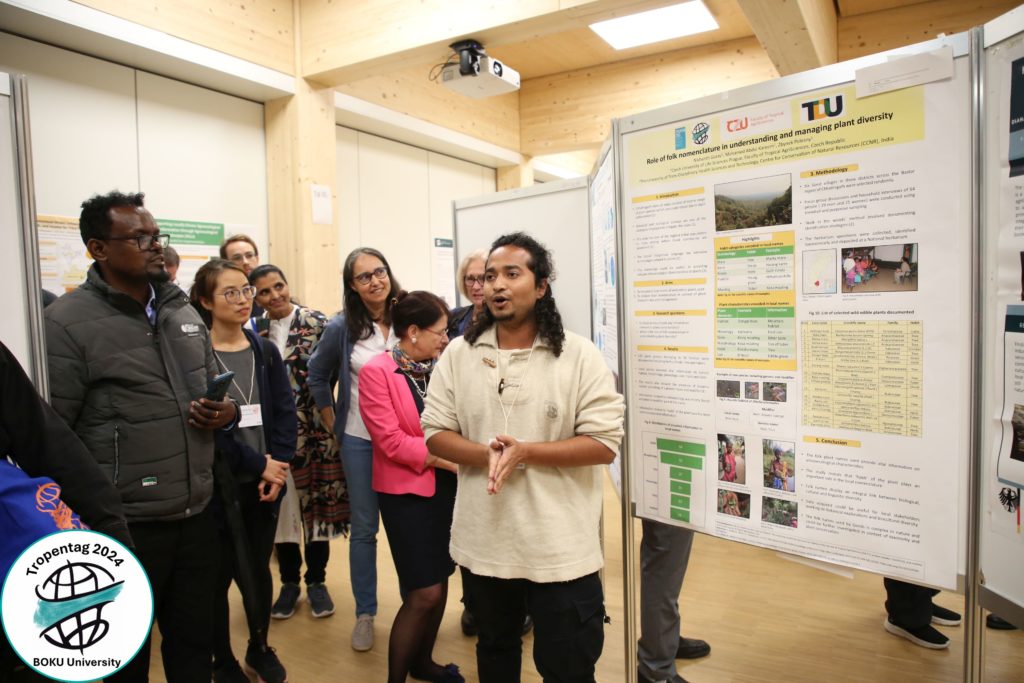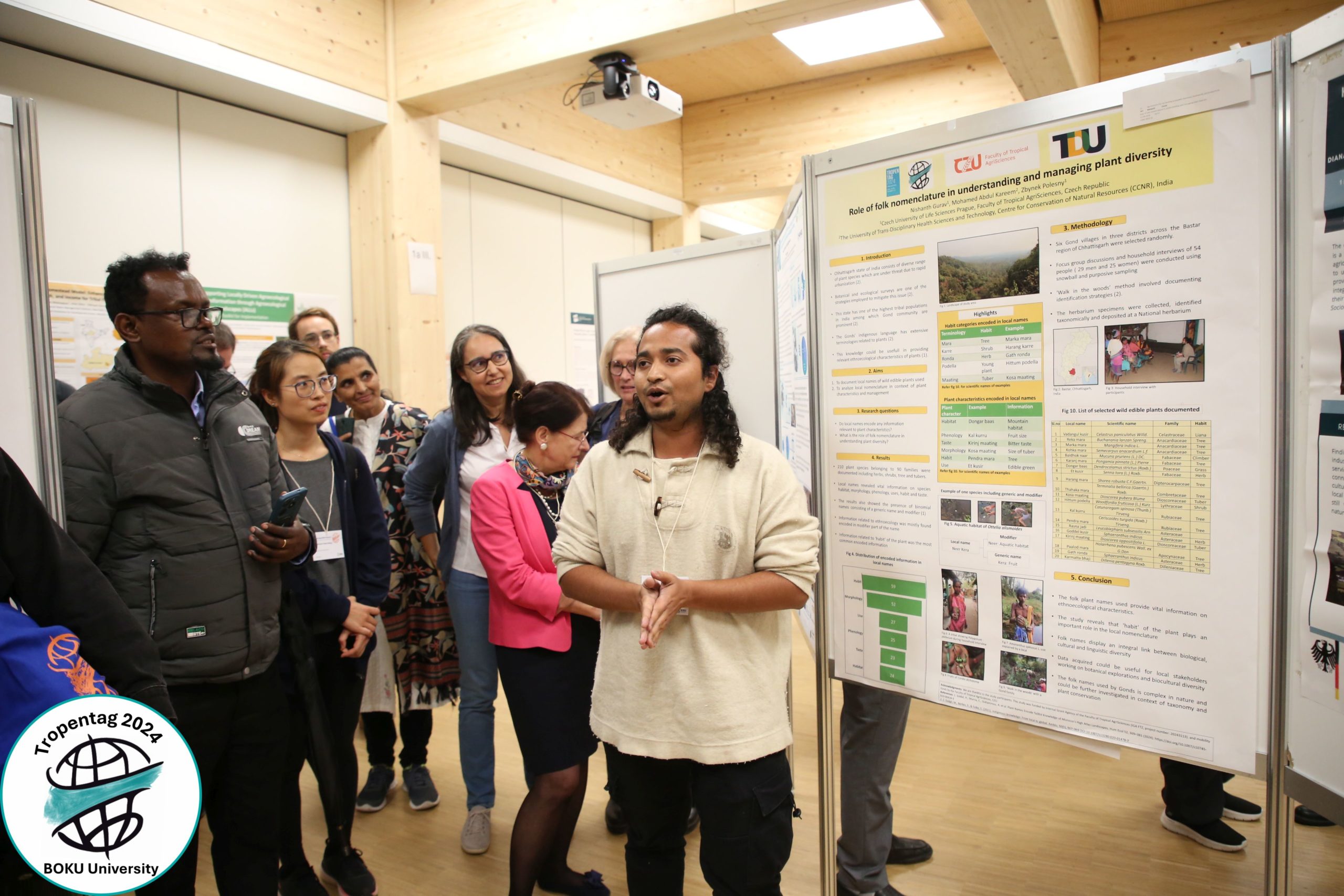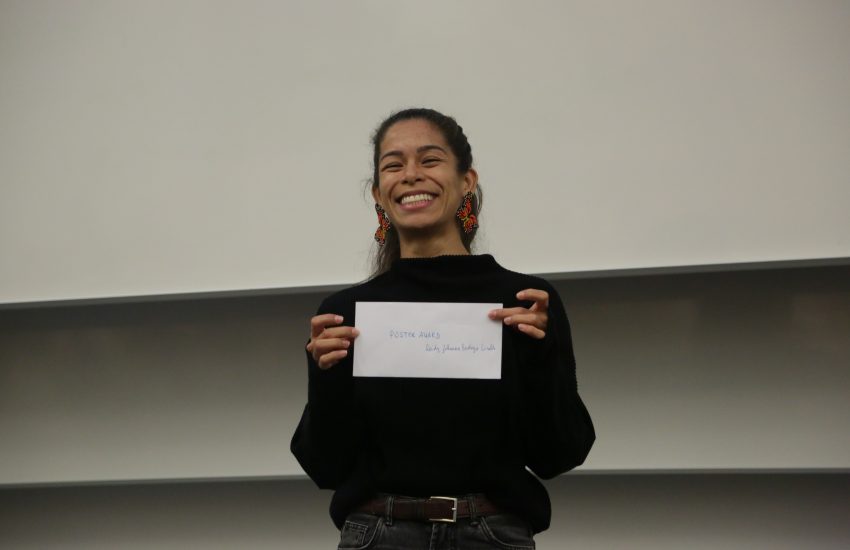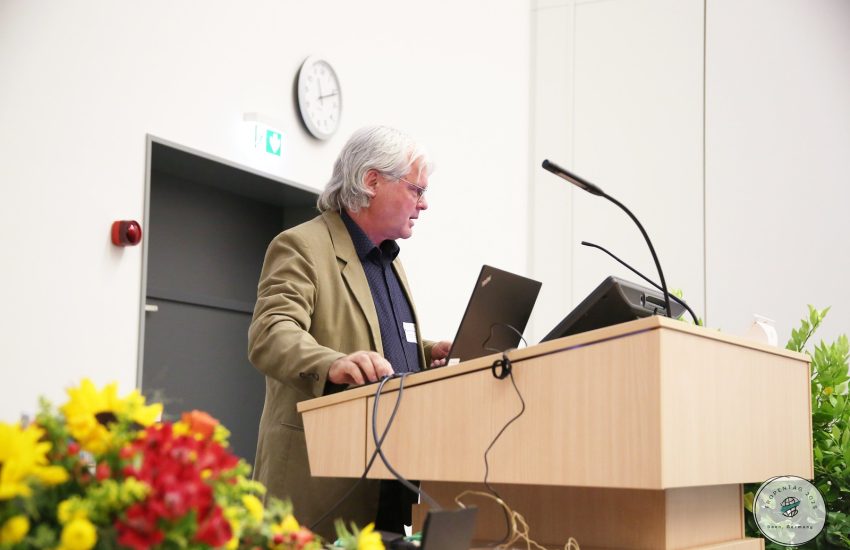Uniting Scientific and Existing Knowledge
While visiting the workshops, poster presentations, and oral sessions, it is striking to see how a high number of research appears to be stuck in old paradigms. It is evident that we, the global society, are exhausting the resources of our planet. Yet, scientists who centralise ‘sustainability’ are occupied with chasing after higher productivity and intensification. Moreover, some research seems to be simply carried out for the high standing of an academic title and not the pivotal role scientific knowledge can have in fostering a better life for all. Scientists have proven yet again that science never deserved the dominance it has over other forms of knowledge. It is, however, not too late to foster new pathways of knowledge creation and collaboration.
An interesting example of how science can fortify existing knowledge is shown in the collaboration between taxonomy – the science of naming, describing and classifying organisms – and local names for wild edible plants. The research of Nishanth Gurav, Mohamed Abdul Kareem, and Zbynek Polesny concerns this topic. During the poster session ‘Agroforestry for Reconciling Ecosystem Functions, Biodiversity and Productivity’ Gurav explained all about it. He is a third year PhD candidate at the Tropical Botany and Ethnobiology Lab (TRIBE), Faculty of Tropical Agrisciences (FTA), Czech University of Life Sciences in Prague. Fun fact: he used to be a student reporter at Tropentag 2022.

Through ethnobotany, Gurav and his peers studied knowledge about local wild edible plants among the Gond, a tribal community in the Chhattisgarh state of India. The Gonds’ indigenous language namely harbours extensive terminologies related to plants. Local names revealed vital information on species’ habitat, morphology, phenology, uses, habit and taste. The knowledge embedded in these names are essentially ‘micro-libraries of experienced practices’. The young scientists furthermore collected plant samples so they could identify them taxonomically and translate the Gonds’ knowledge to science. By acknowledging this indigenous knowledge and bridging the gap with science, they have opened a new path for approaching biodiversity conservation and sustainable development.
The research of Gurav, Kareem, and Polesny provides inspiration for different ways of doing science. It shows that collaborating with other forms of knowledge, leaves room for innovation. So, if you indeed aspire to create better life opportunities for all with your research, keep in mind why you do your research, how you go about it, and for whom the results eventually are. Do not follow common research methods because they are comfortable, seek out the boundaries of science and find valuable additional knowledge in the margins.
Author: Katharina Wahedi



